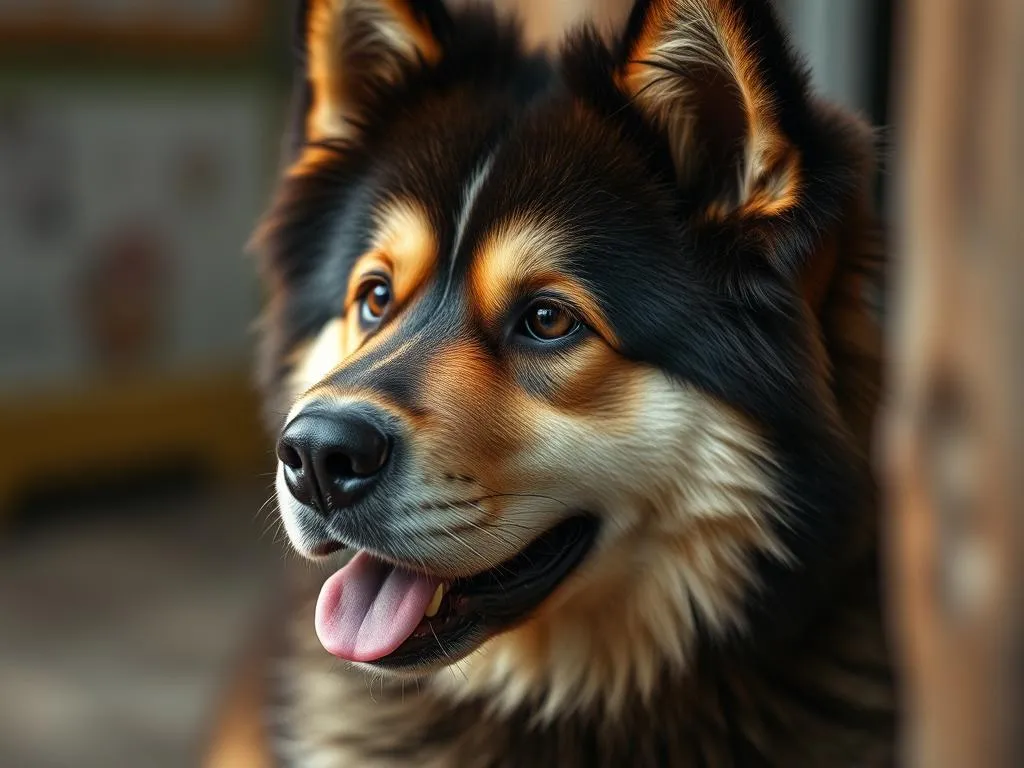
Introduction
Dog breeds are a fascinating and diverse topic, offering insight into the characteristics, needs, and purposes of various breeds. Understanding these unique traits can help potential dog owners choose the right companion for their lifestyle. Among the many breeds, the Havachon stands out as a charming and affectionate crossbreed that captures the hearts of many.
The Havachon is a delightful mix of the Havanese and the Bichon Frise, combining the best traits of both breeds. This designer breed has gained popularity due to its friendly nature, low-shedding coat, and adaptability to various living situations. This article will explore the characteristics, care, and suitability of the Havachon, helping you determine if this breed is the right fit for you.
Understanding the Havachon
History of the Havachon
The Havachon traces its roots back to its parent breeds, the Havanese and Bichon Frise. The Havanese originated in Cuba, where they were cherished as companion animals for the aristocracy. Their playful and affectionate nature made them beloved family pets. On the other hand, the Bichon Frise has a rich history in Europe, particularly in France and Belgium, where they were kept as cheerful companions.
As designer breeds gained popularity in the late 20th century, the Havachon was developed to create a small, affectionate dog suitable for families and individuals alike. While not yet recognized by major kennel clubs, the Havachon has found a niche among dog lovers seeking a blend of two well-liked breeds.
Physical Characteristics
The Havachon is a small dog, typically weighing between 10 to 15 pounds and standing about 9 to 12 inches tall at the shoulder. This breed boasts a soft, curly coat that can come in various colors, including white, cream, black, and brown. The coat is often low-shedding, making it a good choice for those with allergies.
Distinctive features of the Havachon include its floppy ears, large, expressive eyes, and a tail that curls over its back. These characteristics contribute to the breed’s overall adorable appearance, making them a favorite among dog enthusiasts.
Temperament and Personality
The Havachon is known for its friendly and playful temperament. These dogs are affectionate and enjoy being around people, making them excellent family pets. They are sociable and get along well with children and other pets, thriving in environments where they can engage and play.
Socialization is vital for the Havachon, as they can develop separation anxiety if left alone for long periods. Early exposure to various environments, people, and other animals will help them become well-rounded companions.
Care and Maintenance
Grooming Needs
The coat of the Havachon requires regular grooming to prevent matting and keep it looking its best. Brushing a few times a week is recommended, with more frequent grooming needed during shedding seasons. This breed is considered low-shedding, but regular grooming helps maintain a healthy coat and skin.
Bathing should be done as needed, generally every 4 to 6 weeks, to keep the coat clean and free of odors. Professional grooming may be necessary at times, especially for a more polished look or if the owner feels overwhelmed by the grooming process.
Nutrition and Diet
Feeding your Havachon a balanced diet is crucial for its overall health. High-quality commercial dog food is recommended, but some owners may choose to prepare homemade meals. It’s essential to ensure that the food meets the nutritional needs of the dog, which can vary based on its life stage: puppy, adult, or senior.
Keep an eye out for any common dietary restrictions or allergies, as some Havachons may have sensitivities to specific ingredients. Consulting with a veterinarian can help determine the best diet for your furry friend.
Exercise Requirements
While the Havachon is a small breed, it still requires daily exercise to stay healthy and happy. A couple of short walks, combined with playtime, will help meet its exercise needs. Engaging in activities like fetch or agility training can provide additional mental stimulation, which is just as important as physical exercise.
Socialization opportunities, such as dog parks or playdates with other pets, can also contribute to the Havachon’s well-being, allowing them to interact and learn from their peers.
Health Considerations
Common Health Issues
Like all breeds, the Havachon may be prone to certain genetic health issues. Common concerns include hip dysplasia, dental problems, and eye conditions such as cataracts. Regular veterinary check-ups can help catch any potential issues early, allowing for timely intervention.
As a responsible owner, it’s essential to watch for signs of distress or discomfort, such as changes in behavior, appetite, or activity levels. Early detection of health concerns can make a significant difference in treatment and outcome.
Regular Veterinary Care
Routine veterinary care is crucial for maintaining the health of your Havachon. Regular check-ups should include vaccinations, parasite prevention, and dental care. Vaccination schedules can vary based on your dog’s age and health status, so consult with your veterinarian to establish the best plan.
Dental care is particularly important for small breeds like the Havachon, as they can be prone to dental issues. Regular brushing and professional dental cleanings will help keep your dog’s teeth and gums healthy.
Training and Socialization
Basic Training Techniques
Training is essential for the Havachon, as these dogs are intelligent and eager to please. Starting training early will help instill good behavior and reinforce commands. Positive reinforcement techniques, such as treats and praise, are highly effective in encouraging desired behaviors.
Consistency is key when training your Havachon. Short, engaging training sessions will help maintain their interest and focus. Basic commands such as sit, stay, and come are essential for safety and communication.
Socialization Strategies
Socialization is an integral part of raising a well-adjusted Havachon. Exposing your dog to various people, environments, and other pets from a young age will help them become confident and friendly adults.
Consider enrolling your Havachon in puppy training classes, which can also provide valuable socialization opportunities. These classes can teach essential skills while allowing your dog to interact with other puppies and people in a controlled environment.
Living with a Havachon
Ideal Living Environment
The Havachon is adaptable to various living situations, whether in an apartment or a house with a yard. However, they thrive in environments where they can receive ample attention and interaction. Due to their small size, they are well-suited for apartment living, provided they receive regular exercise and mental stimulation.
Temperature sensitivity can be a concern with this breed, as they can be prone to overheating or becoming cold. Always ensure a comfortable environment for your Havachon, avoiding extreme temperatures and providing a cozy space for them to relax.
Time Commitment
Owning a Havachon requires a significant time commitment. Daily care, grooming, training, and exercise must fit into your schedule. While they are relatively low-maintenance compared to some breeds, they still need your attention and care.
For working families or individuals, it’s essential to consider how you will manage your Havachon’s needs. Hiring a dog walker or enrolling them in doggy daycare can help ensure they receive the attention and exercise they require.
Conclusion
The Havachon is an appealing choice for families and individuals seeking a loving and adaptable companion. Their friendly and playful nature makes them suitable for various living environments, and their grooming and care needs are manageable.
Before bringing a Havachon into your home, it’s crucial to assess your lifestyle and ensure you can meet their needs. Responsible dog ownership is about commitment, and the joy a Havachon can bring to your life is well worth the effort.
FAQs
Are they good for first-time dog owners?
Yes, Havachons are generally good for first-time dog owners due to their friendly nature and trainability. They are adaptable and can thrive in various living situations, making them suitable for many families.
What is their lifespan?
The average lifespan of a Havachon is around 12 to 15 years. With proper care, nutrition, and regular veterinary check-ups, they can live a long and healthy life.
How do they adapt to different living situations?
Havachons are highly adaptable dogs. They can thrive in apartments or homes with yards, provided they receive adequate exercise and social interaction. Their friendly disposition allows them to fit well into various family dynamics and lifestyles.









